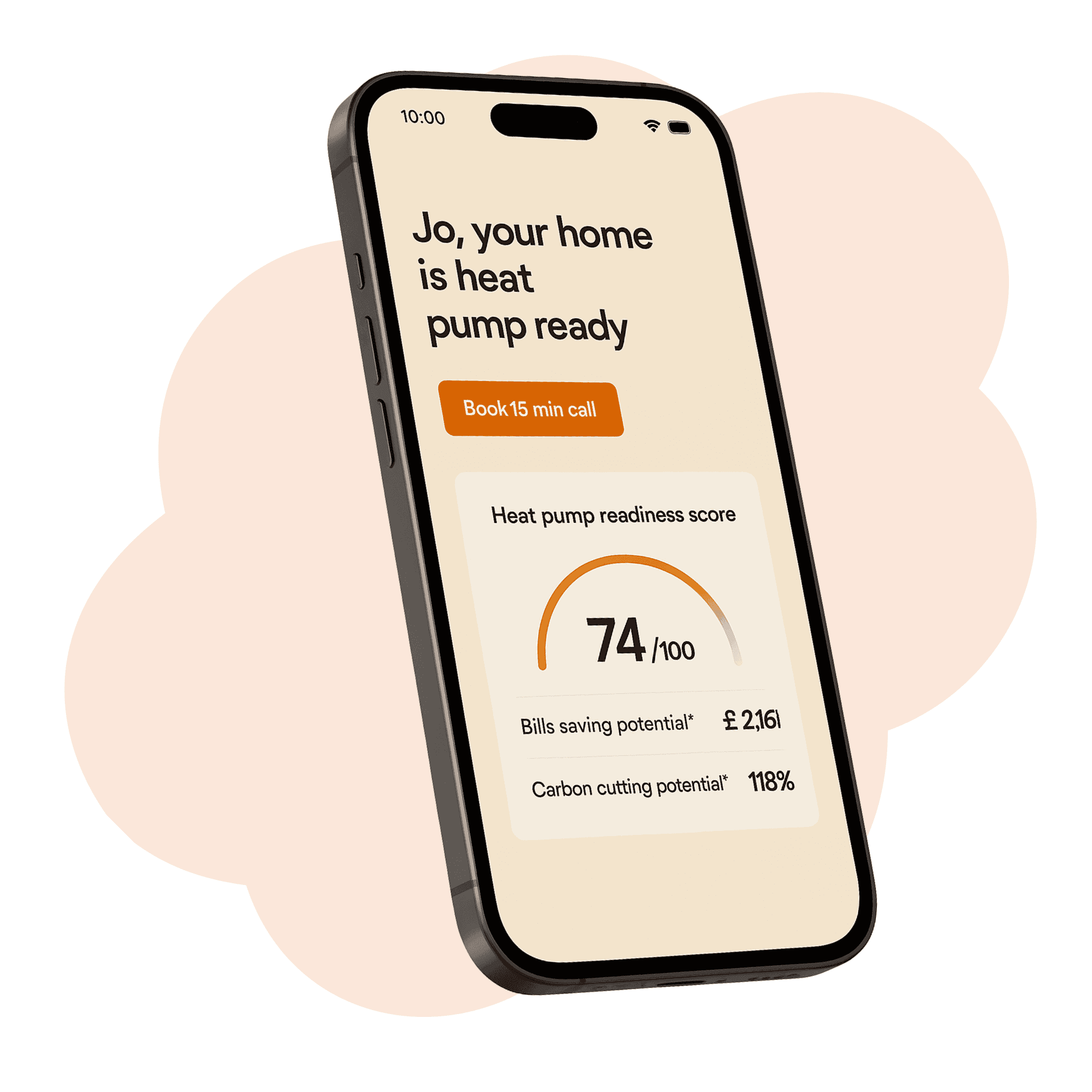
Make smart choices before you need to act

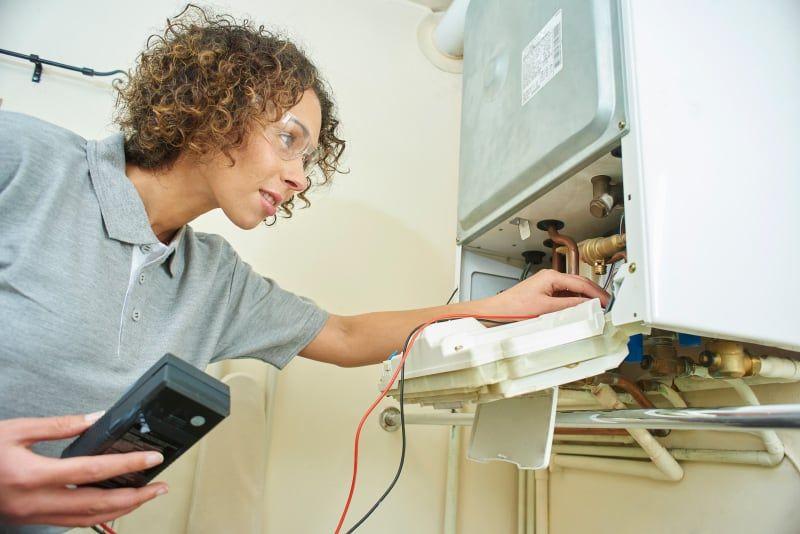
Plan ahead for comfort, savings and certainty
If you’re not ready to replace anything today - but want to be prepared - this section is for you. Planning ahead is about timing, avoiding unnecessary costs and making sure your next heating system is for the long term.

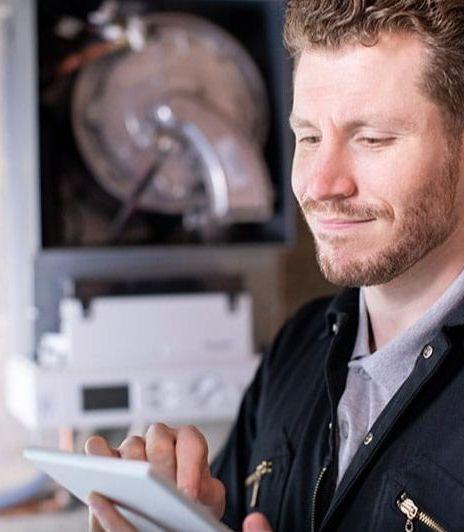
First step: check the real lifespan of your boiler
Most households replace at 10–12 years because that’s what the industry has taught us to expect. In reality, modern boilers should last 18–22 years with servicing and occasional repairs
That means most replacements happen halfway through the true lifespan, wasting thousands and locking homes into gas for another decade.
If your boiler is under 20 years old, working and hasn’t had multiple major failures, it almost certainly has more useful life left.

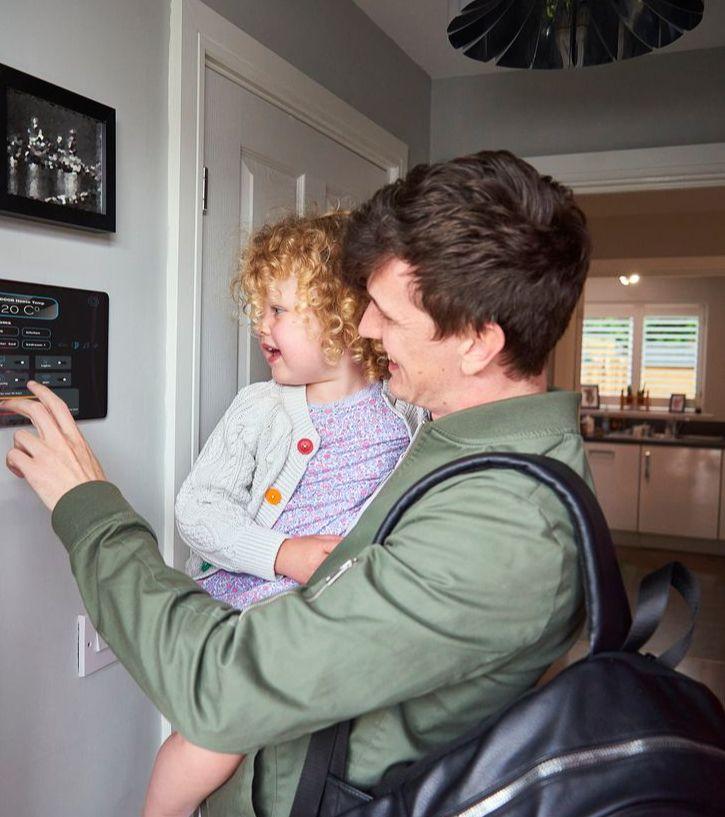
Why repairing - not replacing - nearly always wins
A new boiler costs £2,250–£3,660 upfront, and £3,100–£4,520 over 10 years once servicing is included
Keeping your existing boiler going with servicing or boiler cover costs roughly £200 a year:
- 10 years = ~£2,000
- 5 years = ~£1,000
- 2 years = ~£400
Even with the occasional £300 repair, repair and insurance remain 35–55% cheaper than .
This difference adds up — and gives you financial breathing room to prepare properly for a heat pump.


Don’t get misled by common myths
As you plan ahead, avoid being pushed toward expensive upgrades you don’t need.
- External wall insulation – helpful for some homes, but costly with long payback and not required for a heat pump.
- New windows everywhere – double glazing improves comfort but offers little benefit to heat-pump performance.
- “Hydrogen boilers are coming” – they’re not. Hydrogen will not play a meaningful role in home heating.
Use this time to get your home ready


Keep your boiler running and make smart upgrades
With your boiler safely looked after, you can focus on upgrades that help now and prepare you for a heat pump later. Improving efficiency such as lowering the flow temperature, balancing radiators and adding better controls cuts gas use and shows how your home performs at lower temperatures.
If you’re planning ahead, consider larger radiators or a heat-pump-ready cylinder. These simple, gradual steps reduce running costs today and make the future switch smoother and cheaper.

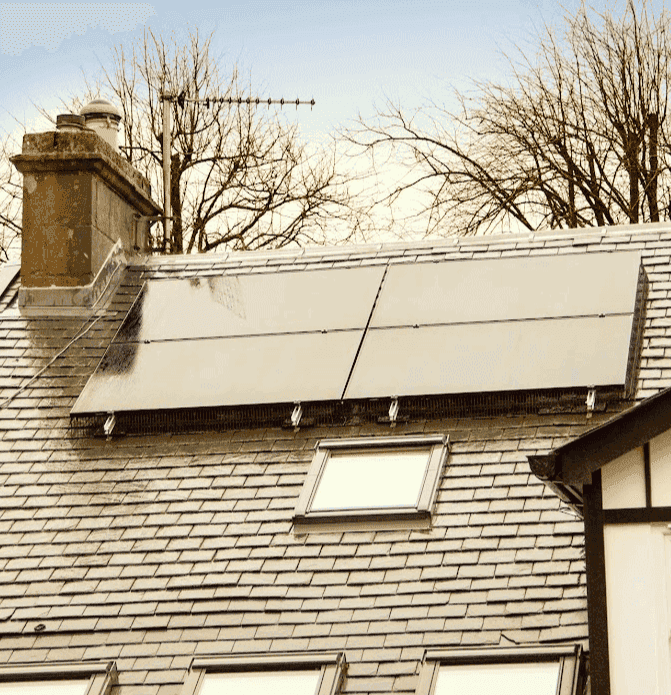
Explore solar and batteries to cut future running costs
Solar and batteries are increasingly accessible for most homes. Solar panels can cover a meaningful share of a heat pump’s daytime electricity use, reducing grid demand and lowering bills
A battery adds even more flexibility as it can store low-cost, off-peak electricity overnight and release it during the day, or hold onto your own solar power for when you need it most, saving £200–£600 a year when added at the right time.
Planning ahead means being ready, not rushed
- You avoid buying “one more boiler.”
- You save money by keeping what you already have running safely.
- You get time to prepare your home properly for a heat pump.
- You stay in control of cost, timing and comfort.
- Smart planning today makes the eventual switch to clean heating smooth, affordable and on your terms.

Get your free Warmur Report & Readiness Score to understand your system today and the smartest steps to take before you replace anything.
